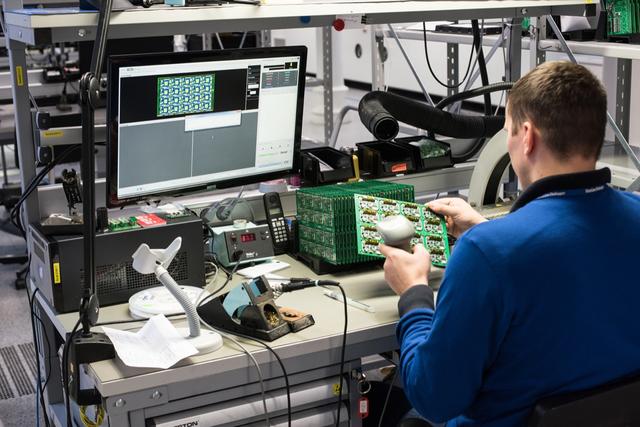Nanomaterials Scientists
Overview

Introduction
Nanomaterials scientists use the principles of chemistry, physics, mathematics, and other scientific disciplines to investigate the properties, composition, and structure of nanomaterials. They do this for purposes of scientific discovery and to develop practical uses for nanomaterials in industries ranging from medicine and renewable energy, to consumer goods and environmental remediation. Nanomaterials scientists may also be known as materials scientists, nanochemists, and nanophysicists.
Quick Facts
Median Salary
Employment Prospects
Minimum Education Level
Experience
Skills
Personality Traits
Earnings
According to the National Nanotechnology Coordinated Infrastructure, nanotechnology professionals with master’s degrees earn salaries that range from $60,000 to $80,000, while those with Ph.D.s earn $75,000 to $150,000.
The U.S. Department of Labor reports that chemists earned salaries that ranged from less than $52,950 to $149,550 or more in May 2023. They received median earnings of $8...
Work Environment
Typical work settings for nanomaterials scientists include research laboratories, processing and manufacturing plants, and offices. Their work environments, which are typically clean and well lighted, are equipped with the latest technology and research equipment. Nanomaterials scientists usually work a standard 9-to-5 schedule. Scientists occasionally travel to educational conferences and meet...
Outlook
The U.S. Department of Labor does not provide an employment outlook for nanomaterials scientists, but it does predict that job opportunities for chemists and materials scientists who conduct research and development in the physical, engineering, and life sciences will increase by 11.1 percent from 2023 through 2033. This is much faster than the average for all occupations. Chemical manufacturin...
















